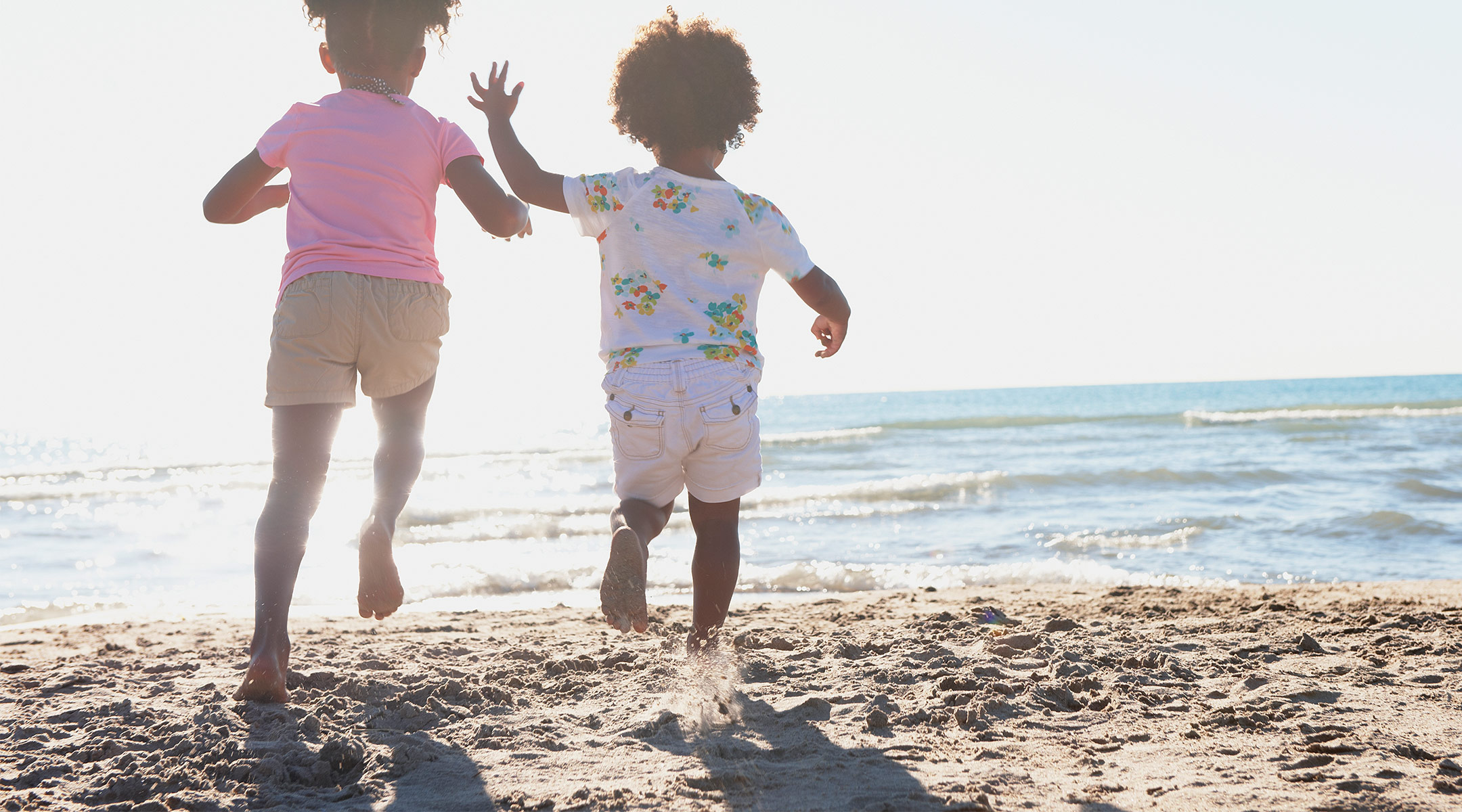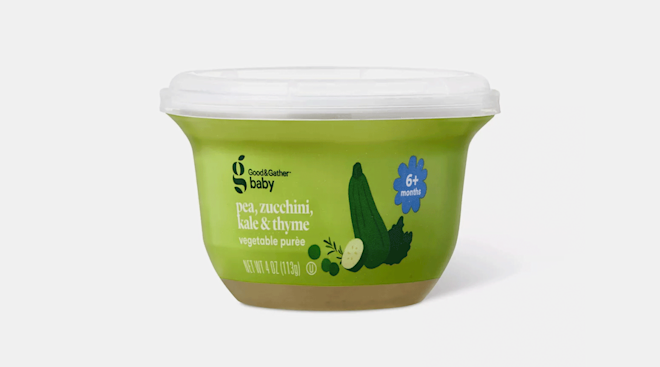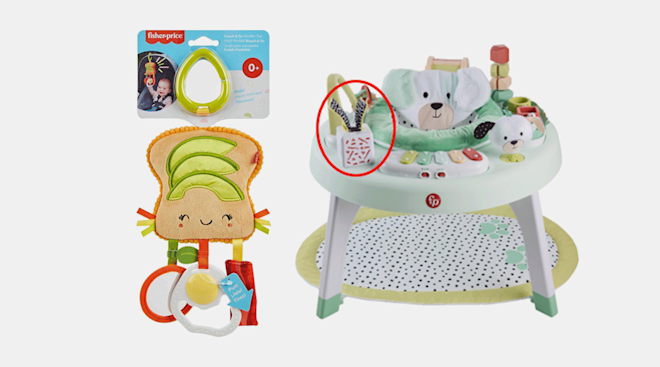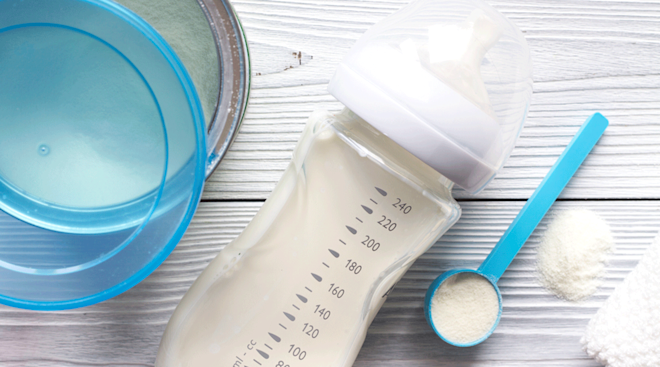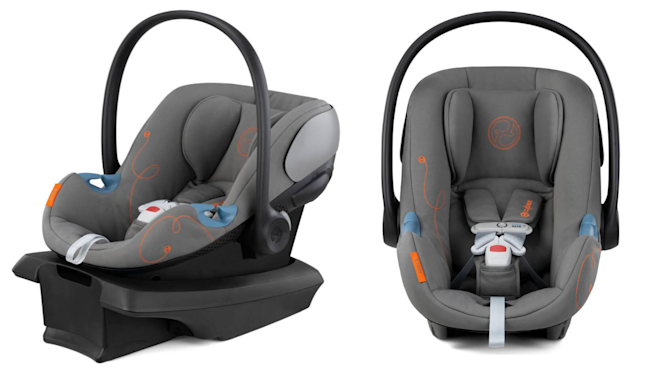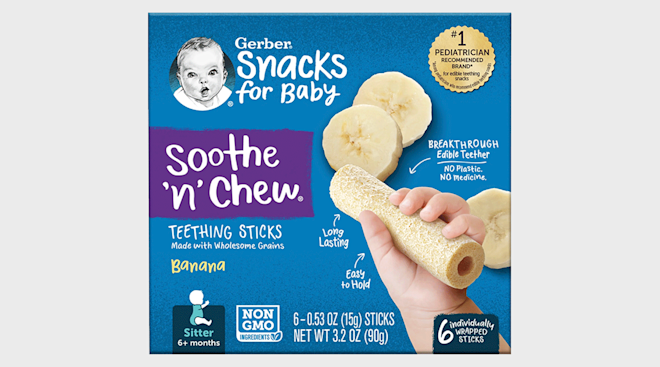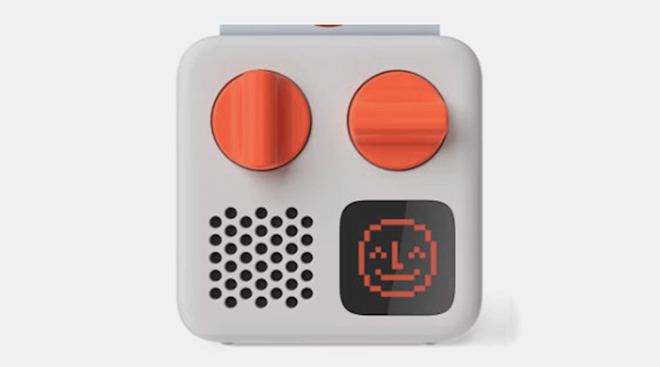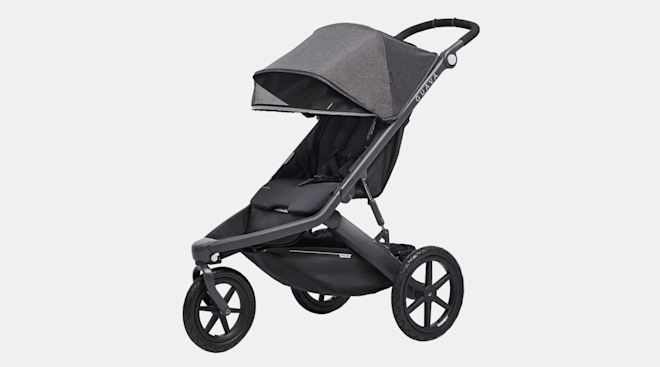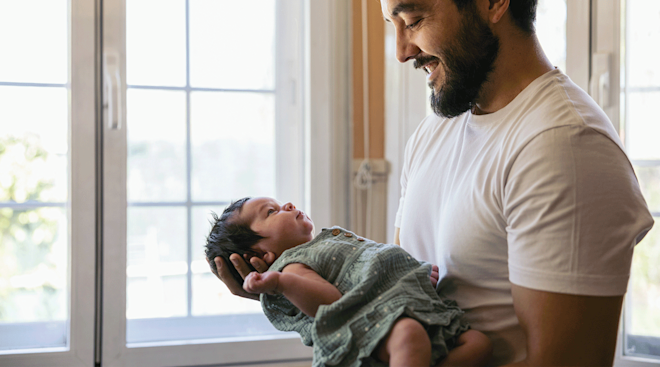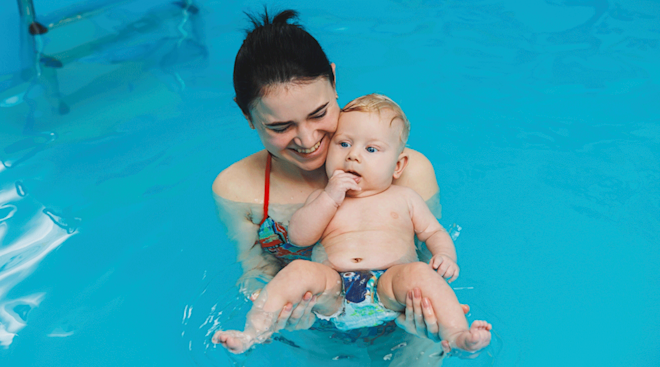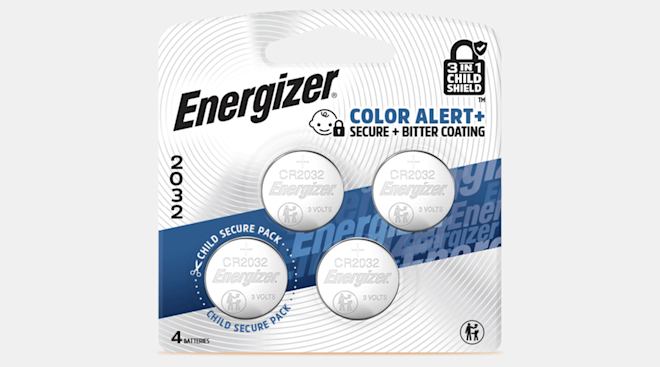CDC Warning: July Is the Most Dangerous Month for Swimming
School’s out, the sun is up, and it’s time for kids to cool off in the water—but wait! There are some good reasons to hesitate before letting your kids plunge into your local lake, river, or even the nearest ocean.
A new report from the CDC addresses the dangers of swimming in “untreated recreational water,” meaning mostly bodies of water near beaches and in public parks. They say that between 2000 and 2014, public health officials from 35 states (and Guam) “reported 140 untreated recreation water-associated outbreaks,” which resulted in over 4,500 cases of disease and two deaths—with 58% of the reported issues happening in July.
While chlorine-treated swimming pools are generally safer, the CDC says there are ways to minimize the risks of swimming elsewhere. First, keep an eye out for signs indicating beach closings, and be careful not to let your kids swim “in discolored, smelly, foamy, or scummy water.” People also tend to get sick by accidentally ingesting contaminated water, so the CDC suggests doing what you can to limit the water that enters the noses of you and your little ones. They also recommend avoiding untreated recreational water that is too shallow, doesn’t circulate well or is overcrowded. Swimming right after heavy rain also increases the risk.
What’s in that water that causes the problem? Two words nobody wants to hear: fecal matter. According to the CDC, swimmers can be a source of fecal contamination if they “have a fecal incident” while swimming or have fecal material on their bodies. But it’s not just swimmers causing the problem: other sources of contamination include stormwater runoff, sewage overflows (eek!), sewage treatment plant discharges, septic systems, boating waste, and animal waste near the beach.
The CDC also asks that you keep kids with diarrhea out of pools—a sentiment we can pretty much all agree with. Since you can’t control what other parents are doing, if you’re taking your very little ones for a swim, pick a place that’s adequately supplied with nearby toilets and diaper-changing stations; it’ll help ensure that everyone is staying as clean—and therefore as safe—as possible.
Please note: The Bump and the materials and information it contains are not intended to, and do not constitute, medical or other health advice or diagnosis and should not be used as such. You should always consult with a qualified physician or health professional about your specific circumstances.
Navigate forward to interact with the calendar and select a date. Press the question mark key to get the keyboard shortcuts for changing dates.
































